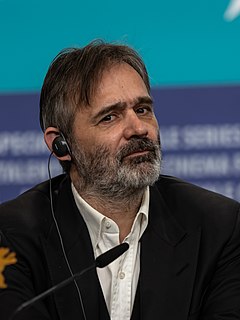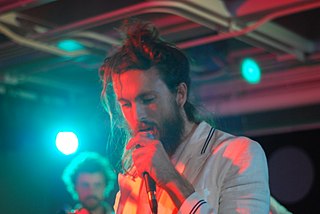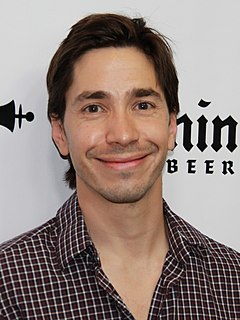A Quote by Stephen Karam
I was talking to so many teenagers for so long that I started to feel like, 'I have my own story I want to tell, and I need to do it soon.' So I started to store away pieces that eventually became 'Speech & Debate.' I felt this burning need to write it while I still had not only all of the ideas but the passion to do it.
Related Quotes
I just started trying to figure out how to write [something] which was unlike anything anybody had ever seen, and once I felt like I had figured that out I tried to figure out what kind of book I could write that would be unlike anything anybody had ever seen. When I started writing A Million Little Pieces I felt like it was the right story with the style I had been looking for, and I just kept going.
A publisher friend of mine suggested that I write a book about my grandfather, who had just died. I had nothing else to fill my empty days with, so I started work on this book. While researching it - watching lots of movies, talking to moviemakers - I became interested in movies and started making documentaries.
It started when I moved into a vegetarian co-op back in the '70s, and that's really when I had my food consciousness awakened. I learned how to cook, and eventually I became the food buyer for the entire co-op. Not long after that, I went to work for a small natural food store in Austin, and I became very excited and passionate about it.
The main thing that I've learned, artistically, is that if I'm in pain and feeling the budding of anger - if I absolutely feel like I need to write a song about it, I'll either need to transform that anger into something positive, or I'll just need to throw the song away. Because eventually, I'm going to want to transcend that pain and that anger.
We need saints; we need this head - this talking head - to communicate. Every single religion you have people that go in-between, that can talk to god or communicate ideas. Then there are the talking heads in the news every time we watch TV. No matter how complex, you still need a person there to tell you what happened: a storyteller of sorts. I find that fascinating that we feel so attached to this primitive mode of connection, this primitive interface to the world.
I never want to feel complacent, and I had started to, a little bit. I had started to feel like "I have this thing I can do, it's worked a few times," but not only does that get boring, but you feel stagnant and unproductive. So I was feeling a lack of creativity and motivation, so I started making a more conscious choice to grow personally. It wasn't even an image-conscious thing, like, "I don't want people to think this way about me." It was really just a way to keep myself energized and feel excited about this thing I love doing. Like I went to couples therapy or something.
Self-development is the only thing that keeps a person from burning out. We all have many needs - the need for certainty, the need for variety, the need for significance, and the need for connection. But, ultimately, we must grow, and we must contribute in a meaningful way in order to feel fulfilled.




































